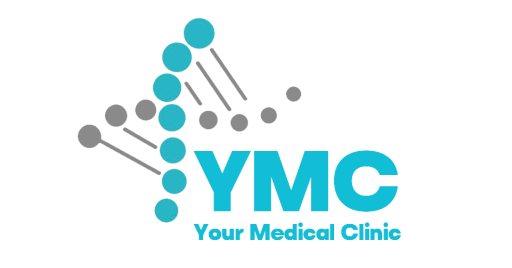Ligation of Esophageal Varices
Ligation of Esophageal Varices by Endoscopy
Esophageal varices are abnormally dilated veins in the esophagus, characterized by very thin walls and high pressure inside them. This combination makes them very dangerous, as they can rupture and cause life-threatening bleeding. To treat these varicose veins, the varicose veins are ligated with rubber bands, a procedure performed through endoscopy, which is part of an upper gastrointestinal endoscopy.
Reasons for the procedure
This procedure is necessary to prevent or treat bleeding that can result from esophageal varices. If left untreated, they can rupture and cause severe bleeding.
Possible complications
Although complications following the procedure are rare, every procedure carries risks. Your doctor will consider the following options:
- Painful swallowing
- Bloodshed
- Esophageal damage
- Infection
Some factors that may increase the risk of complications include:
- Alcoholism
- Bleeding disorders
- Active bleeding
- Old age
- Heart or lung problems
- Use of certain types of medications
- Tobacco
What to expect?
Before the procedure
- Your doctor will perform a physical exam and may order blood tests.
- Avoid eating for 8-12 hours before the procedure.
- If you have diabetes, talk to your doctor about any medications you should take.
- Arrange transportation, as you should not drive for 24 hours after the procedure.
- Talk to your doctor about any medications you are taking, as he or she may ask you to stop some for up to a week before the procedure.
Anesthesia
- Local: You may be given a numbing solution to gargle with or a throat numbing anesthetic.
- Sedative: You may be given a sedative to help you relax.
- Conscious sedation: Drugs may be given intravenously to promote relaxation.
- General anesthesia: In case of uncontrolled bleeding, intubation and general anesthesia may be necessary.
Description of the procedure
To perform this procedure, you will be asked to lie on your left side. If intubation is not performed, a device will be placed to keep your mouth open. An assistant will monitor your breathing and heart rate. Oxygen may be given through your nose, and a tube will be used to remove saliva and other fluids.
A lubricated endoscope will be inserted into your mouth and passed down your throat into your esophagus. The endoscope is equipped with a light and a camera, which allow the doctor to see images on a monitor. The doctor will fill the endoscope with air to see your esophagus more clearly and locate dilated veins.
Instruments will be inserted into the endoscope and the enlarged tissue will be suctioned into the endoscopic device. One or more bandages will be placed around the tissue to help drain the blood.
How many hours will it last?
The procedure usually takes less than an hour.
Will it be painful?
During the procedure, you may feel pressure and discomfort, but not severe pain. Afterward, you may feel irritation and soreness in your throat.
Post-procedure care
At the treatment center
After the procedure, you will be taken to a recovery room until the effects of the medication wear off. Most patients are kept under observation for about an hour and, if they feel well, can go home.
At home
After returning home, follow these tips:
- Follow your doctor’s dietary instructions.
- Avoid driving or operating heavy machinery for at least one day after the procedure.
- Avoid alcohol consumption for one day after the procedure.
- Make sure you get enough sleep.
Over the days or weeks following surgery, the bandaged tissue will begin to come off. Continue to follow your doctor’s advice, as additional procedures may be necessary.
Call your doctor
Contact your doctor if you have:
- Signs of infection, including fever and chills
- Blood from the mouth
- Intensified pain
- Nausea and vomiting
- Vomiting blood
- Difficulty swallowing
- Cough, difficulty breathing or chest pain
- Confusion or weakness
- Bloody or very dark stools
- Severe abdominal pain
Together for a healthy future!
Book your consultation with a specialist doctor now!
Your Medical Clinic staff provides all patients with specialized medical service at the highest standards.

